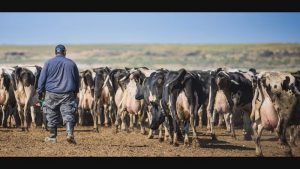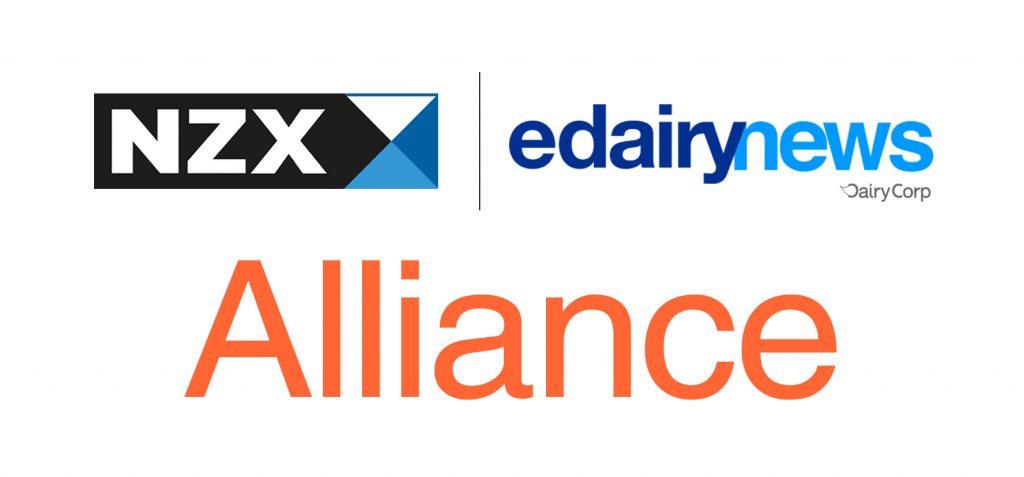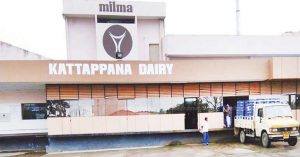According to the World Bank, more than 70% of India’s children under five are deficient in vitamin D, and 57% of all children in the country lack adequate levels of vitamin A.
Deficiency of vitamins A and D have adverse impact on morbidity, mortality, productivity, and economic growth. Vitamins A and D are vital to strengthen the immune system, which is critical in times of the ongoing Covid-19 pandemic.
On the occasion of the World Milk Day, a national webinar on Improving the Nutrition Quality of Milk through Fortification was organised to discuss the potential role of fortified milk in improving health and immunity.
It was jointly hosted by Global Alliance for Improved Nutrition (GAIN) and Food Safety Standard Authority of India (FSSAI). Several representatives from the government, development partners, academia and the milk industry participated in the webinar.
Arun Singhal, CEO, FSSAI, said, “FSSAI in December 2020, issued a draft notification, for mandatory fortification of packaged toned, double toned, skimmed milk or standardised milk with Vitamin A and Vitamin D. This will ensure nationwide availability of fortified milk and a positive impact in mitigating micronutrient malnutrition among populations. It is crucial to make concerted efforts for scaling up and sustaining efforts towards quality fortification while making fortification mandatory in the country.”
Presently, India produces over 193 lakh litres per day of fortified milk reaching over 121 million people. With mandatory fortification in the anvil, these numbers would increase significantly across the country, contributing to improved nutrition and health status of the Indian population.
Dr Ambrish Mittal, head of Endocrinology and Diabetes at Max Healthcare, said, “There is enough evidence available on the potential role of vitamin A and D in boosting immunity and improving the overall health, which is more crucial in the current situation of Covid-19. Furthermore, limited sun exposure in current times increases risk of vitamin D deficiency. Hence, it is vital that fortification of milk with vitamin A and D be promoted and supported.”
Dr Sumit Arora, principal scientist, Dairy Chemistry Division, NDRI, Karnal elaborated that fortification of milk with vitamins A and D does not have any impact on the final product in terms of colour, taste, storage quality of milk. Fortification only enhances the nutritional value of the milk by compensating nutrients lost during processing and provides added micronutrients to large populations that have a significant deficiency of these vitamins.
Tarun Vij, country director, GAIN, said, “We need to adopt a strategic approach for scale up of milk fortification in the country and it should be complemented with building capacity of milk industry partners for producing quality assured milk fortified with vitamin A and vitamin D.”
The hour-long webinar deliberated on the crucial role of fortification in improving the nutritional quality of milk, the current scenario of milk fortification in India, opportunities and challenges in scaling-up milk fortification, and the critical role of milk cooperatives and private sector dairies in envisioning mandatory fortification.

















